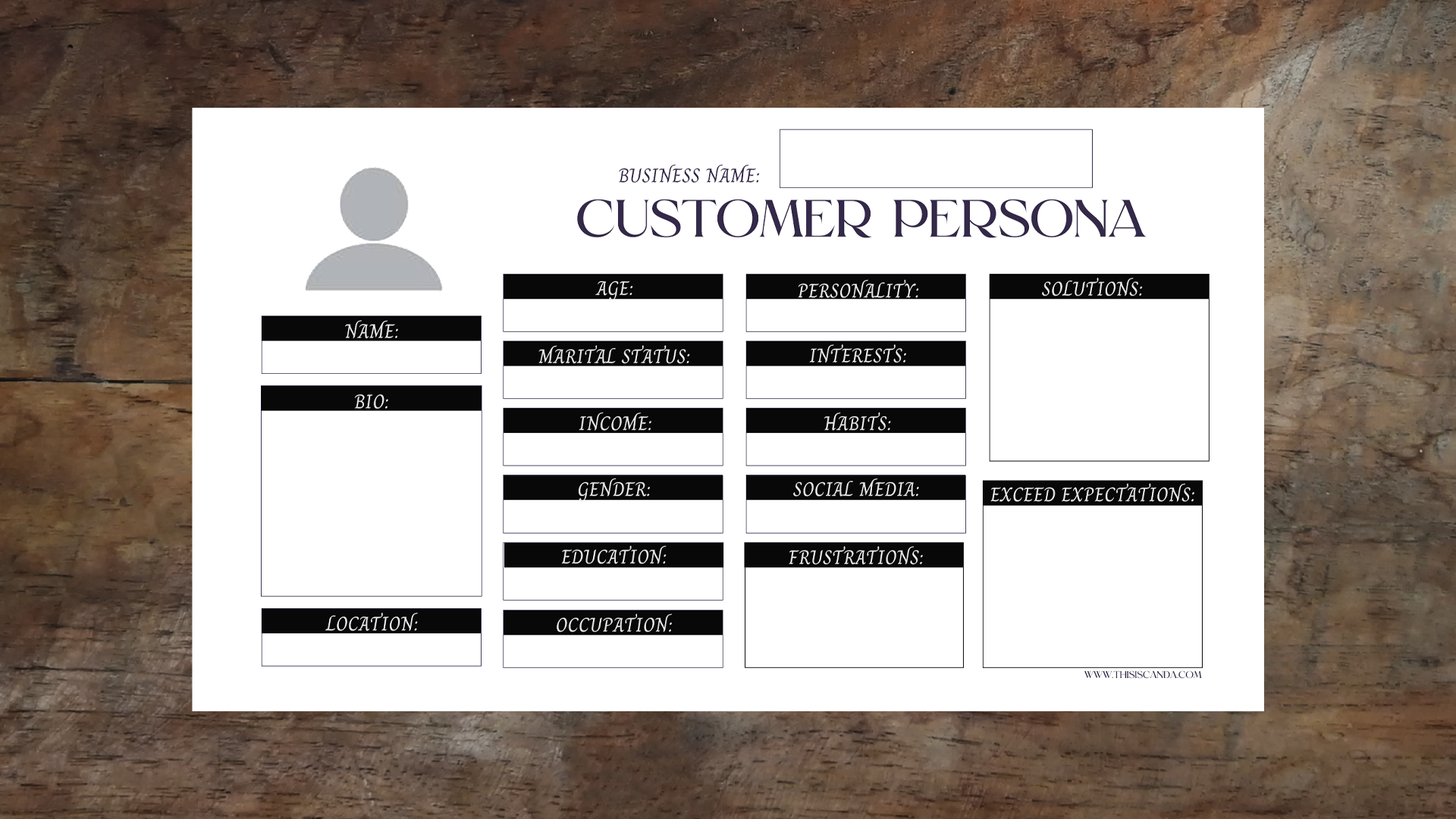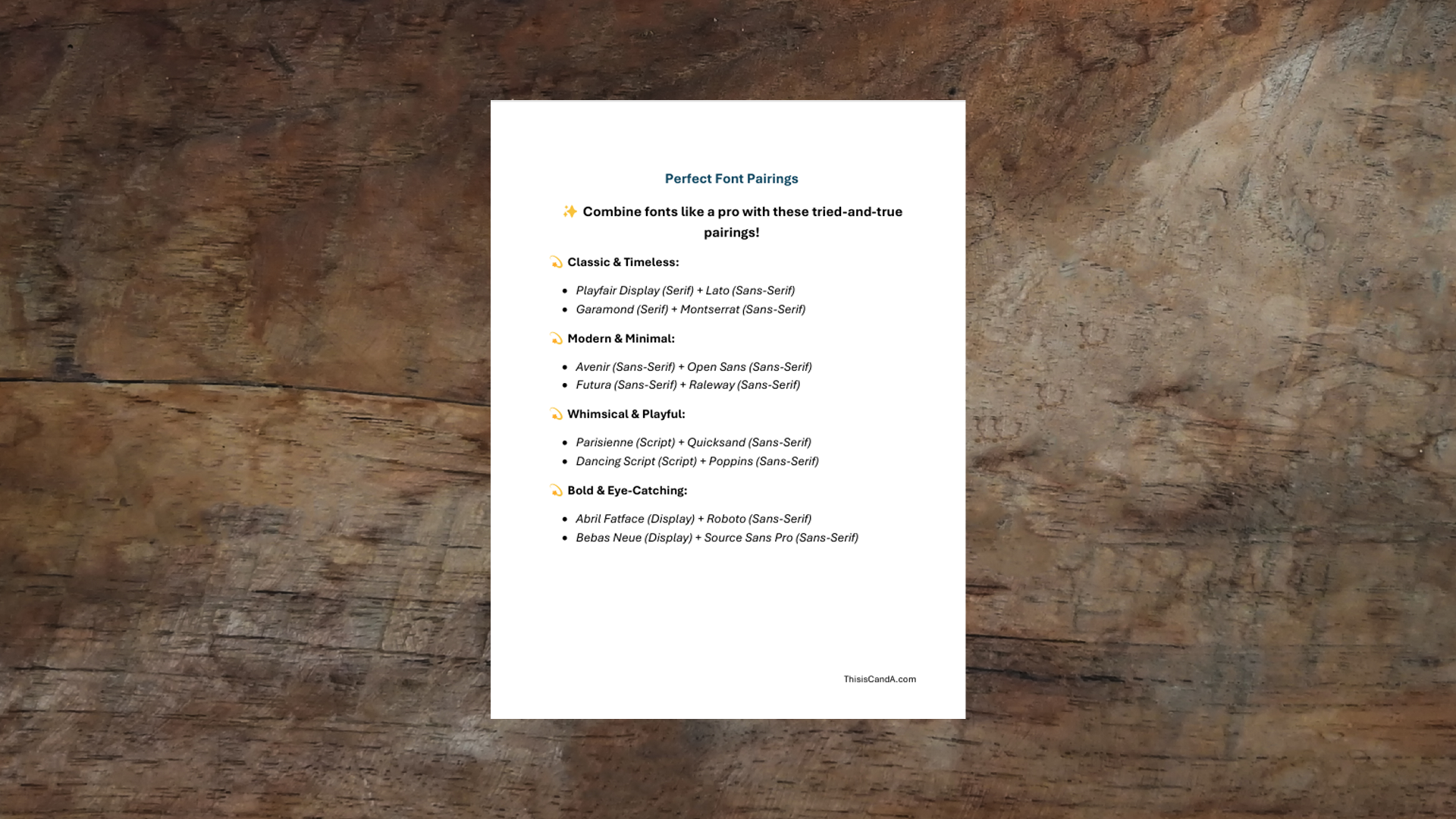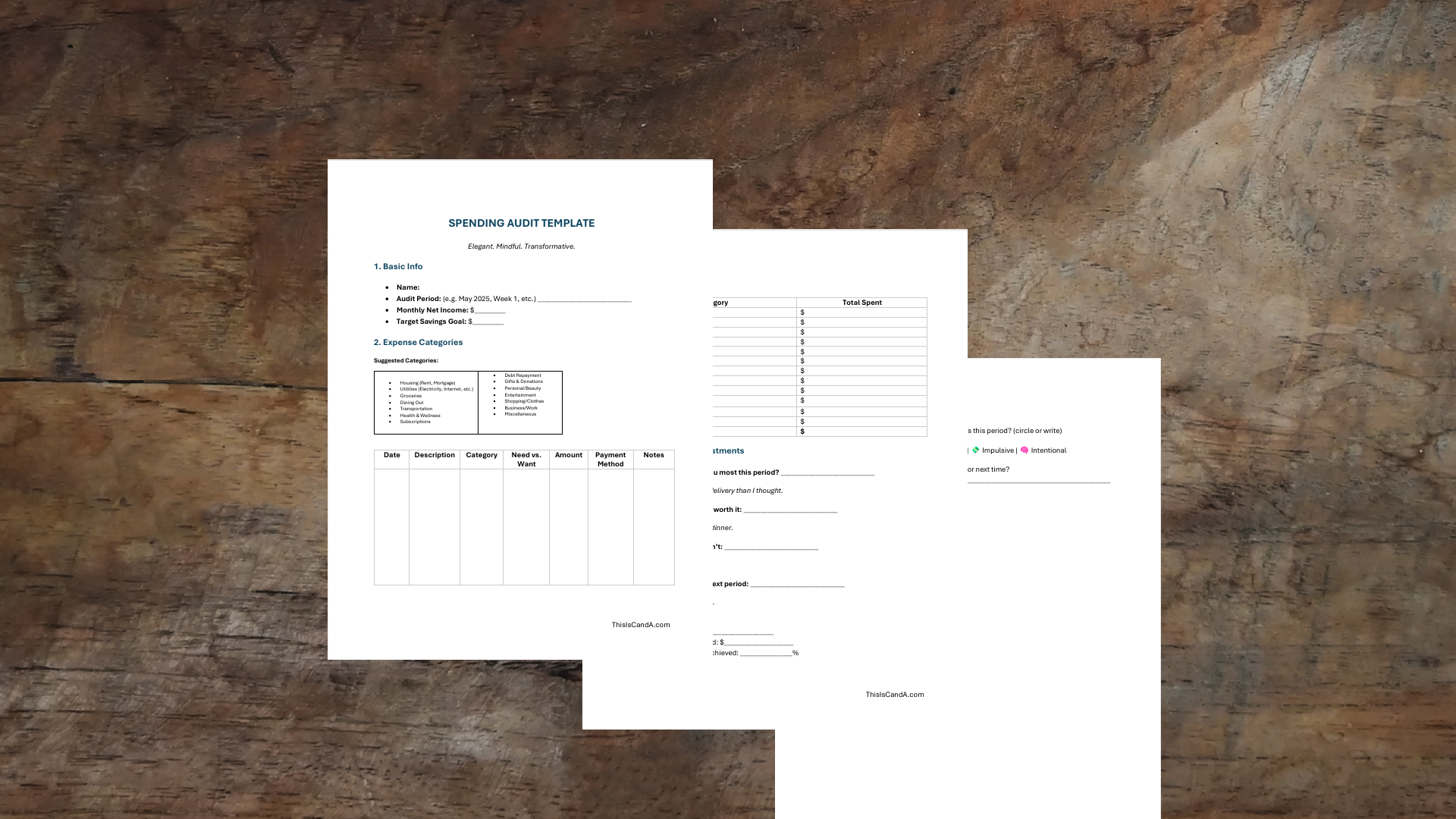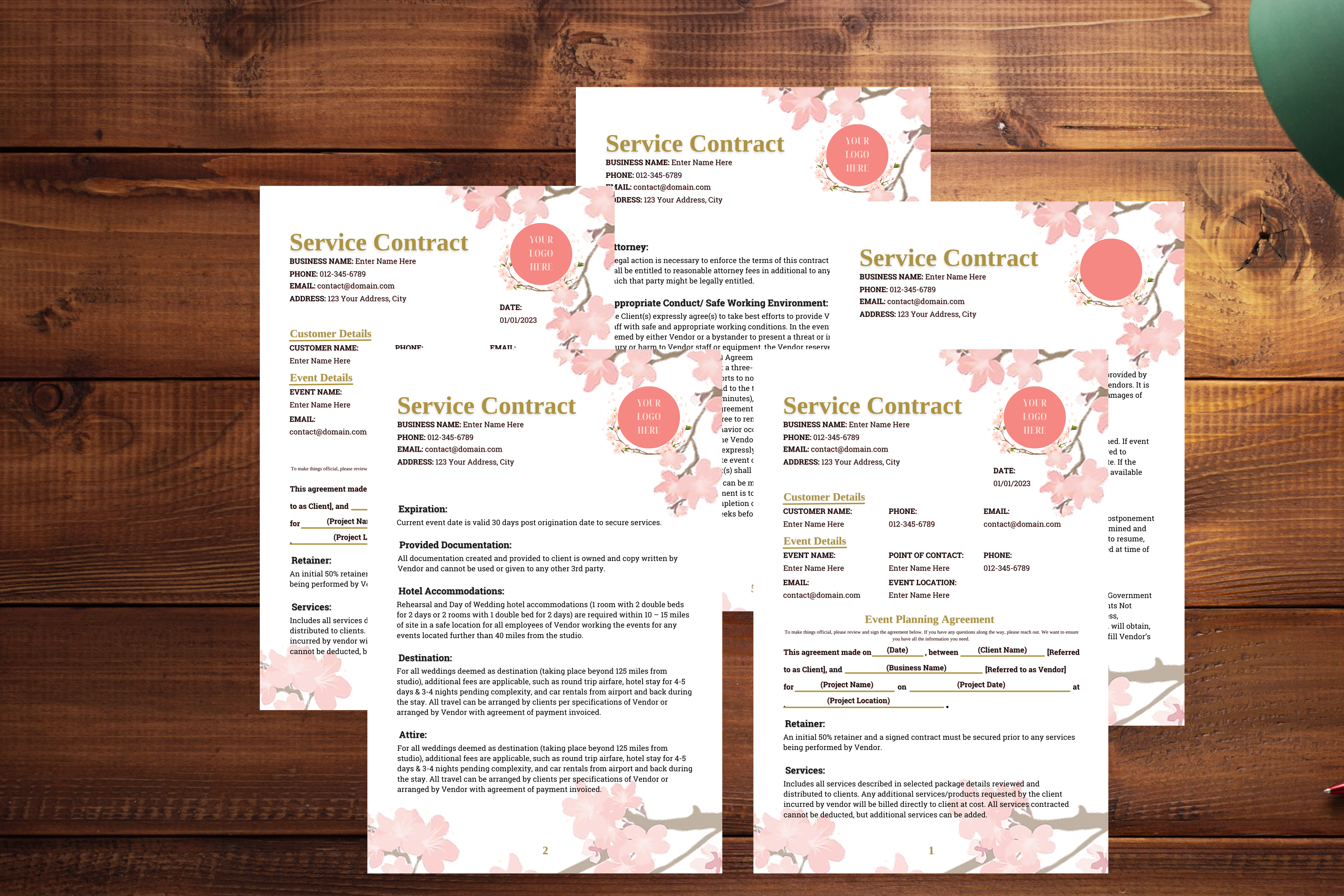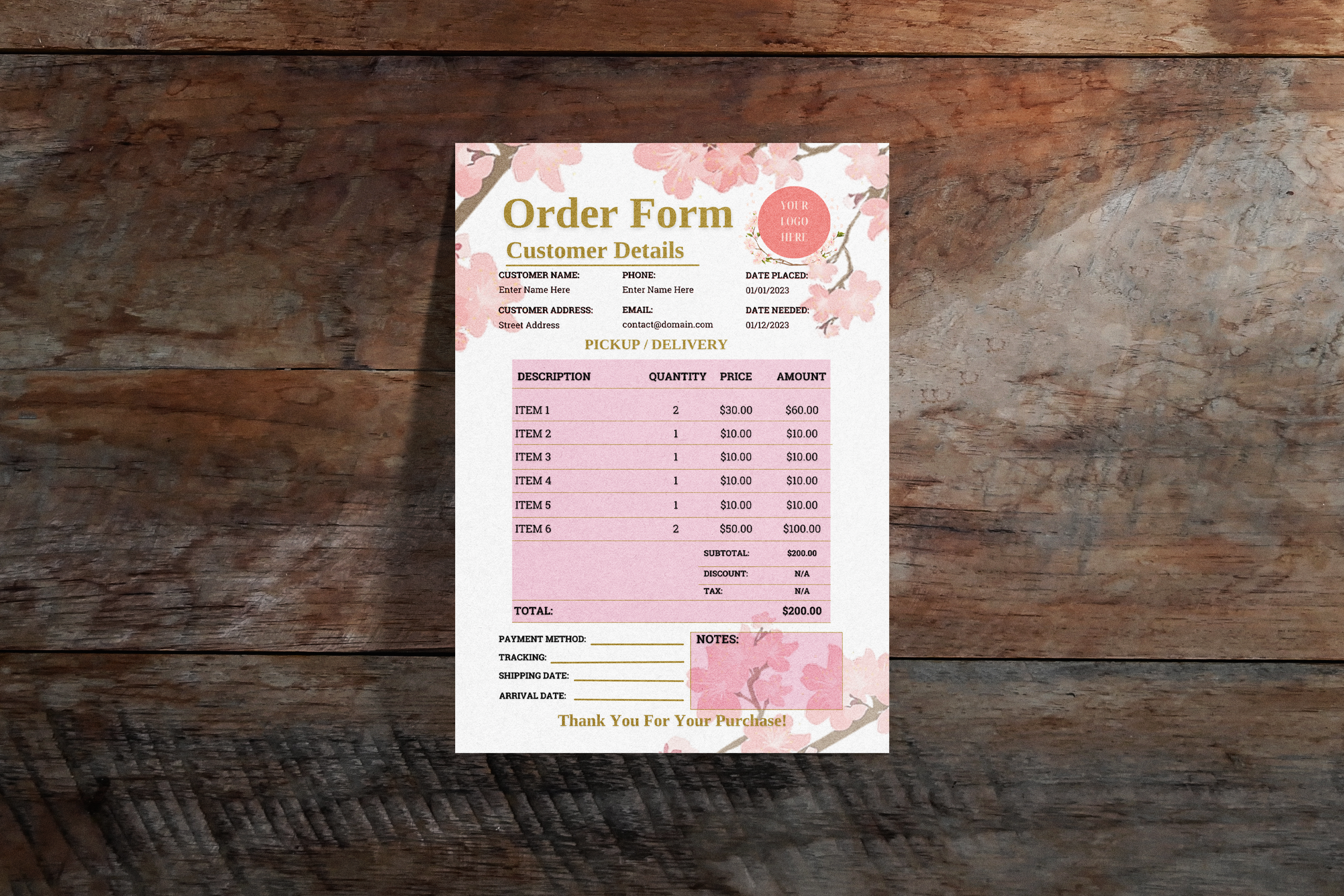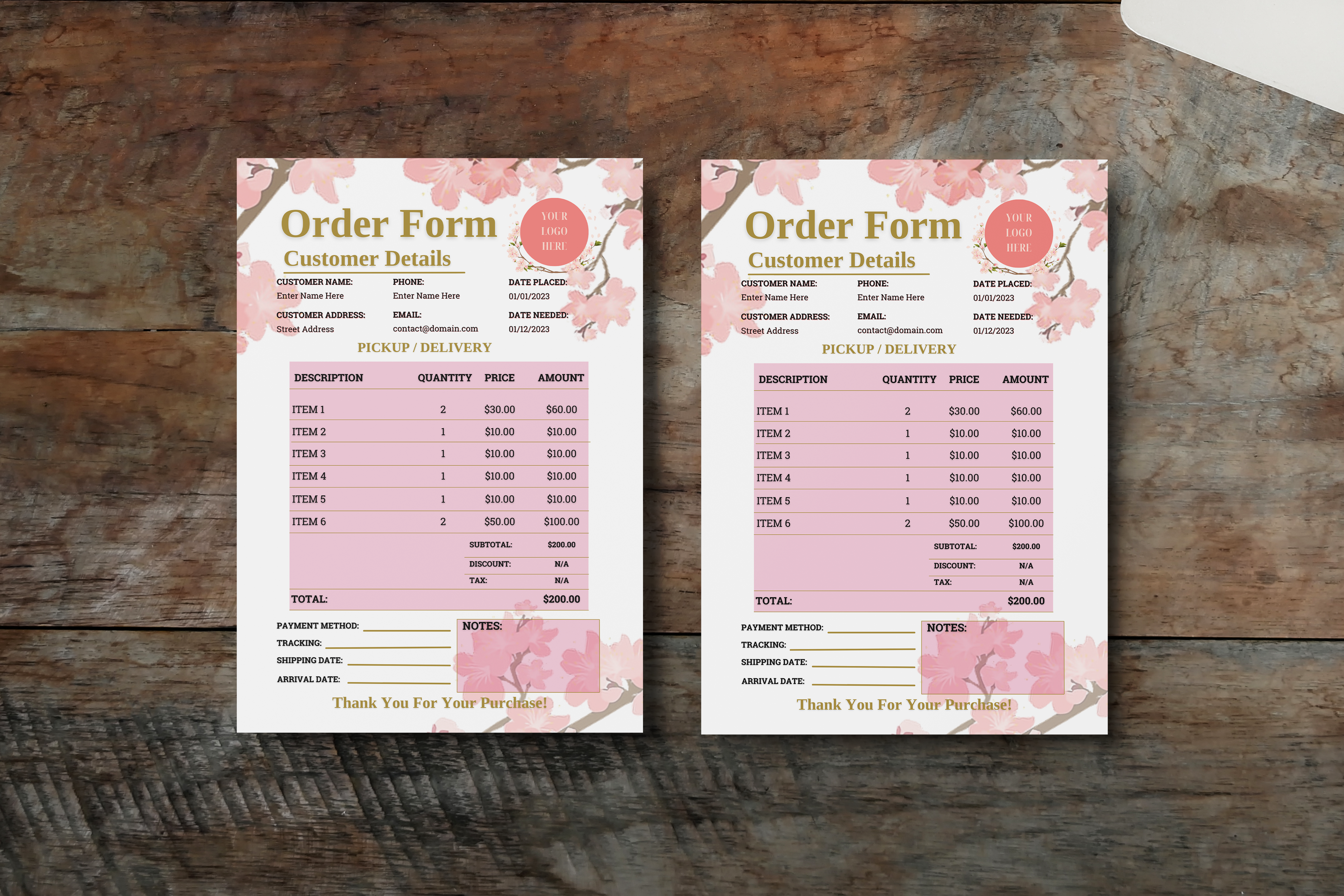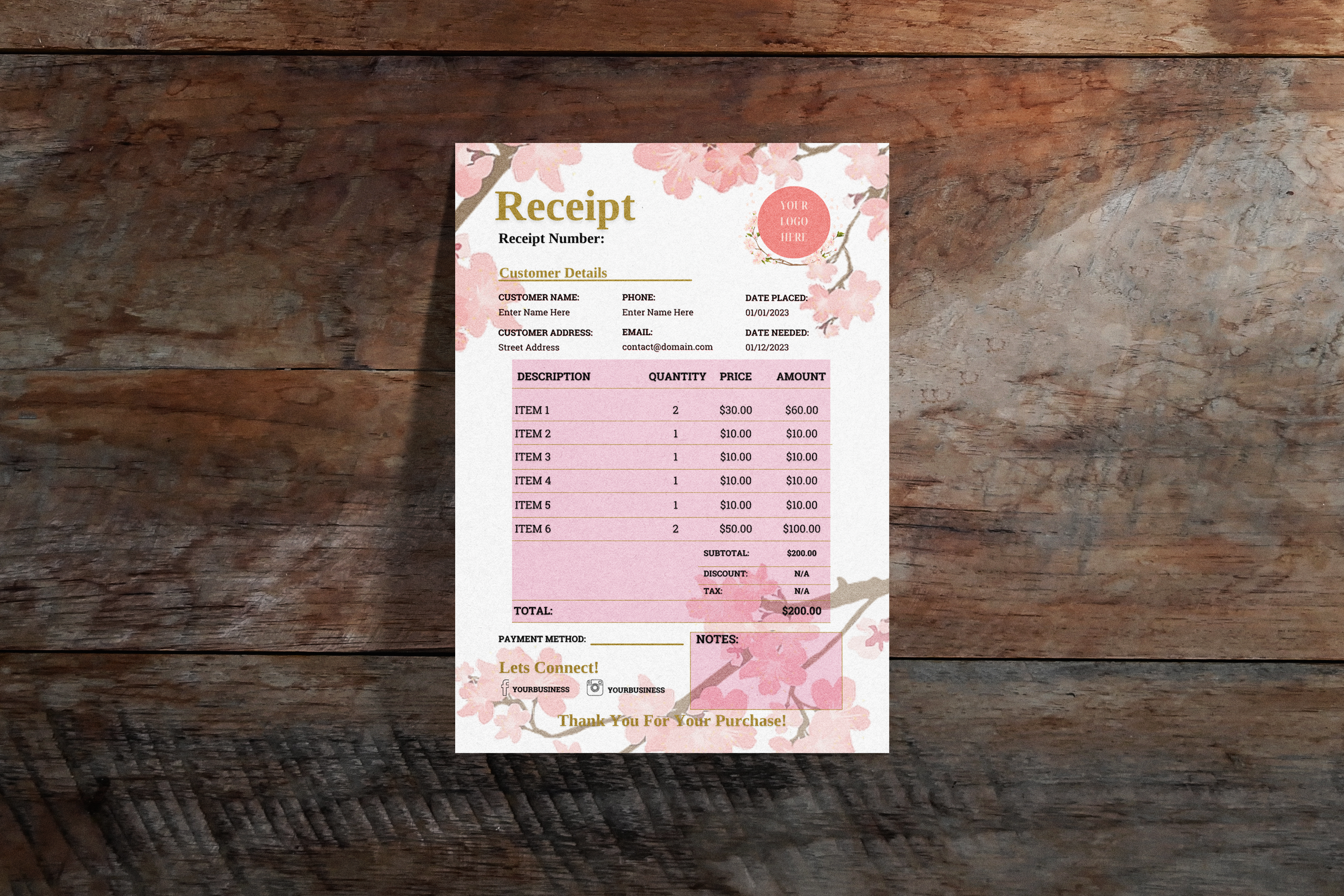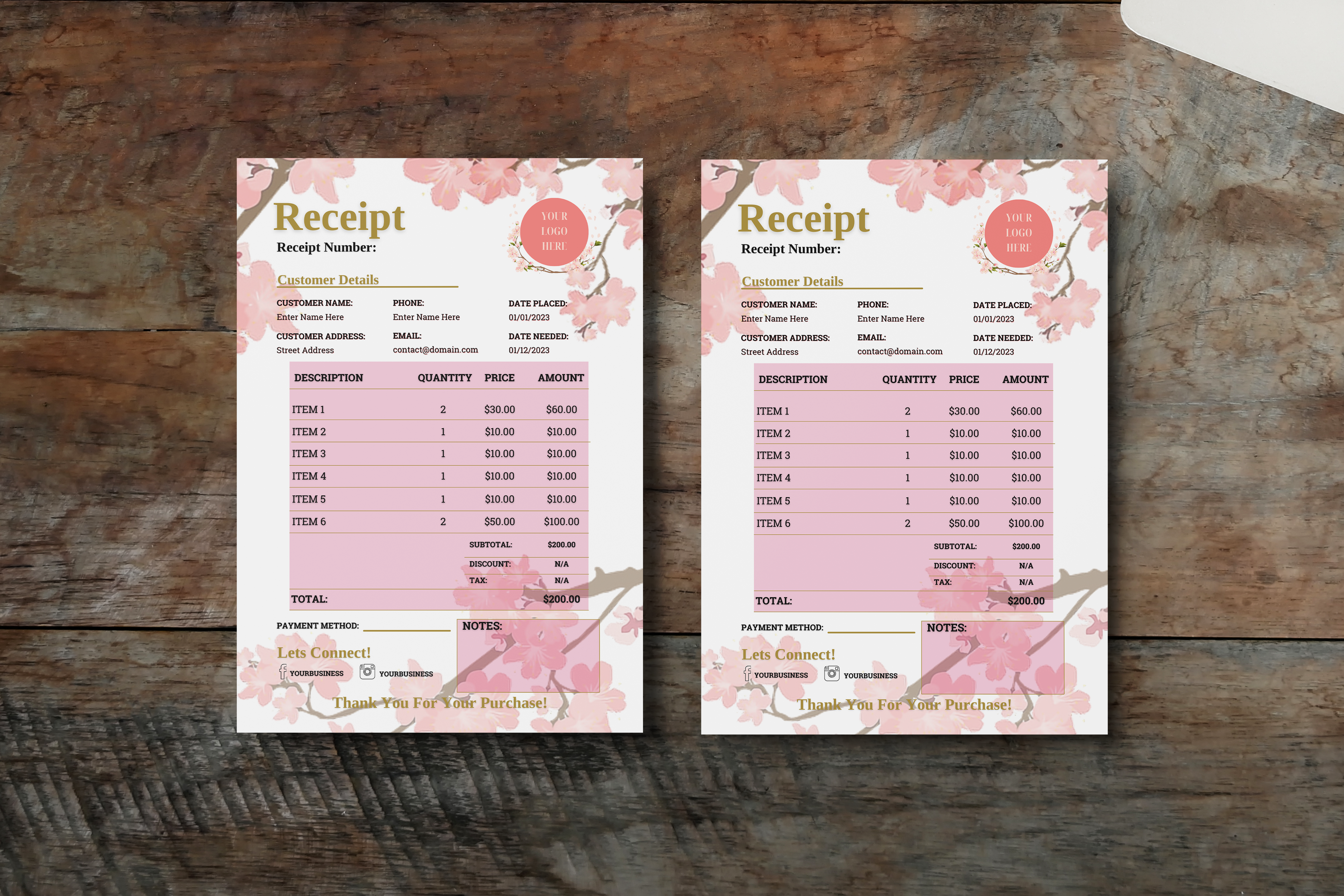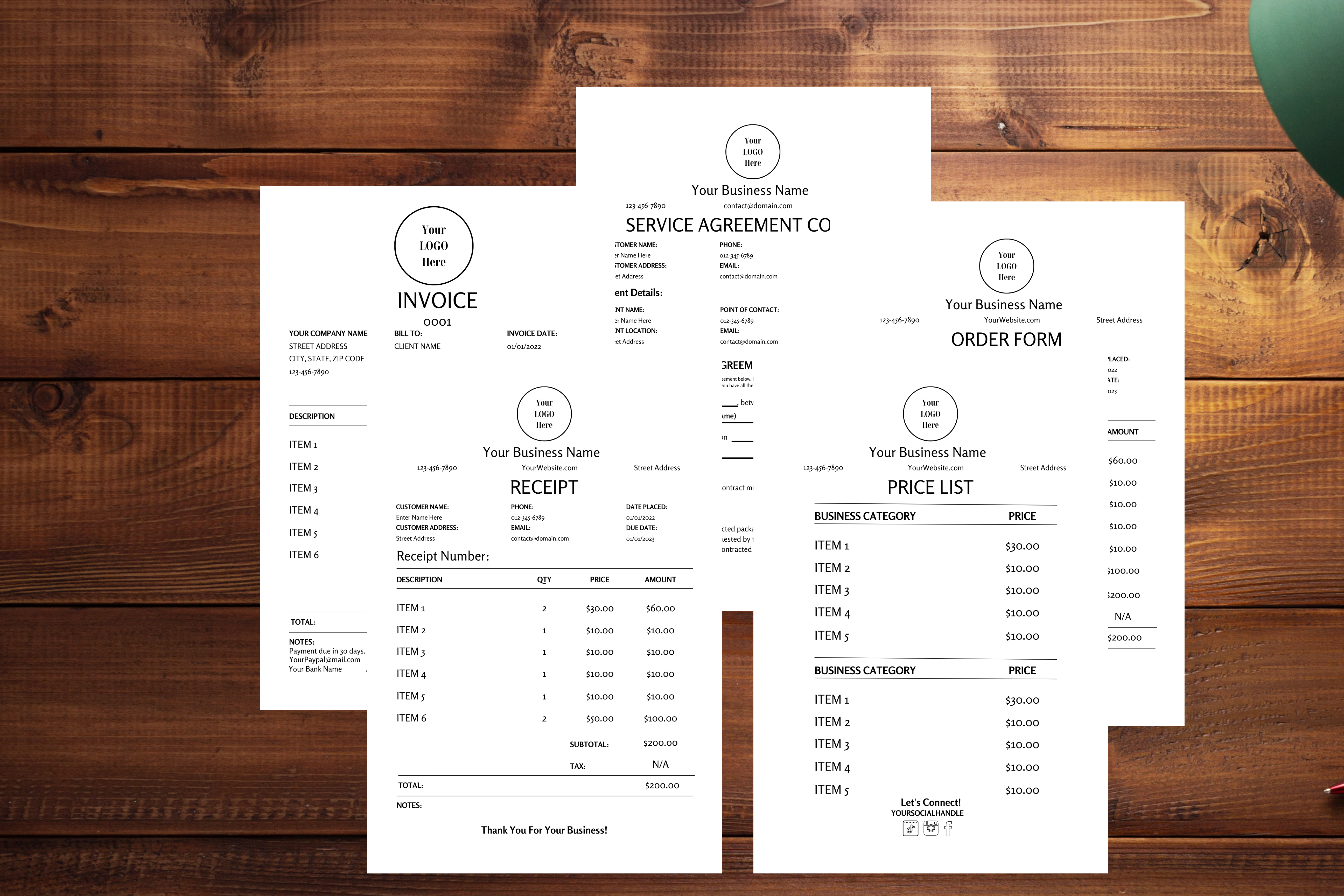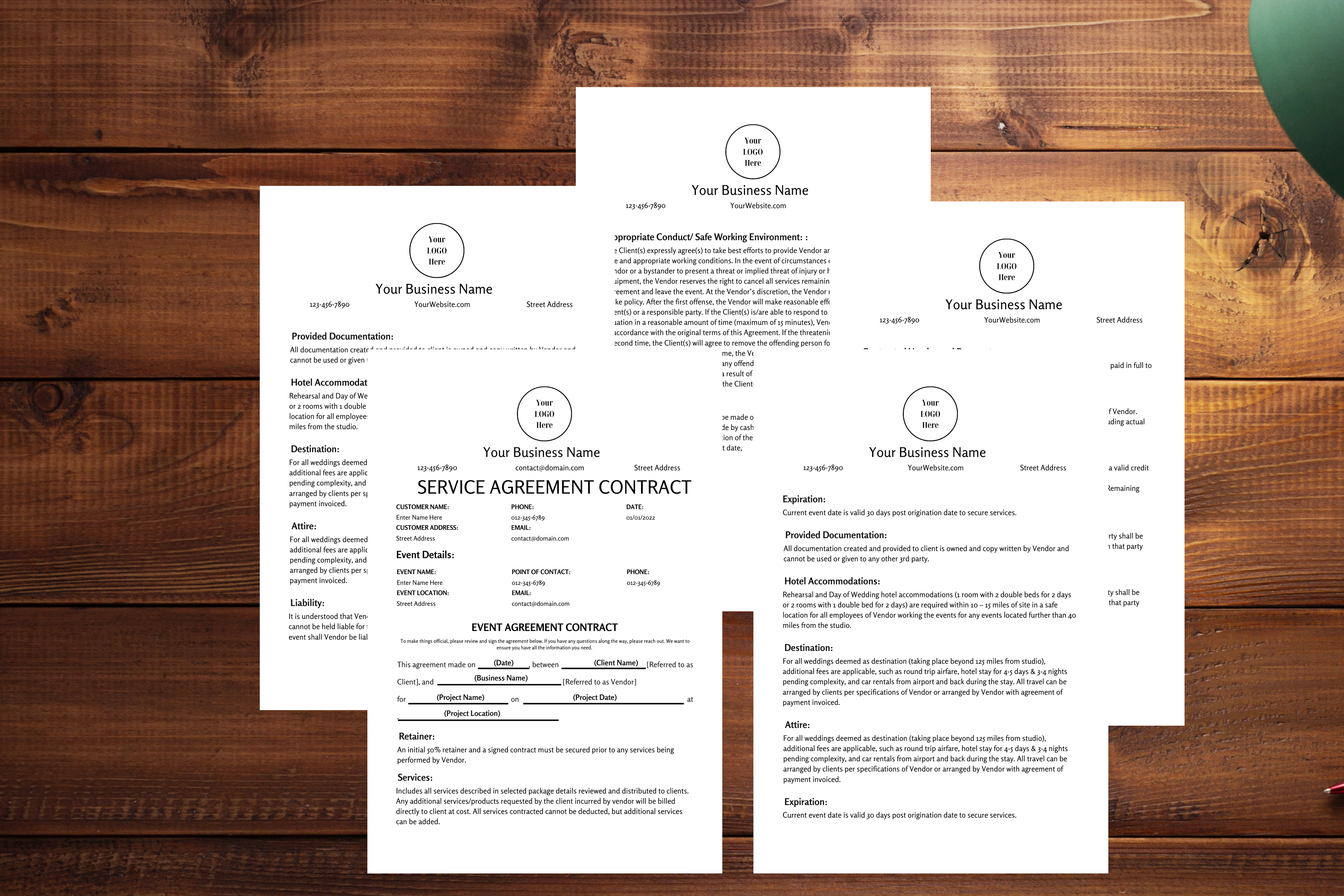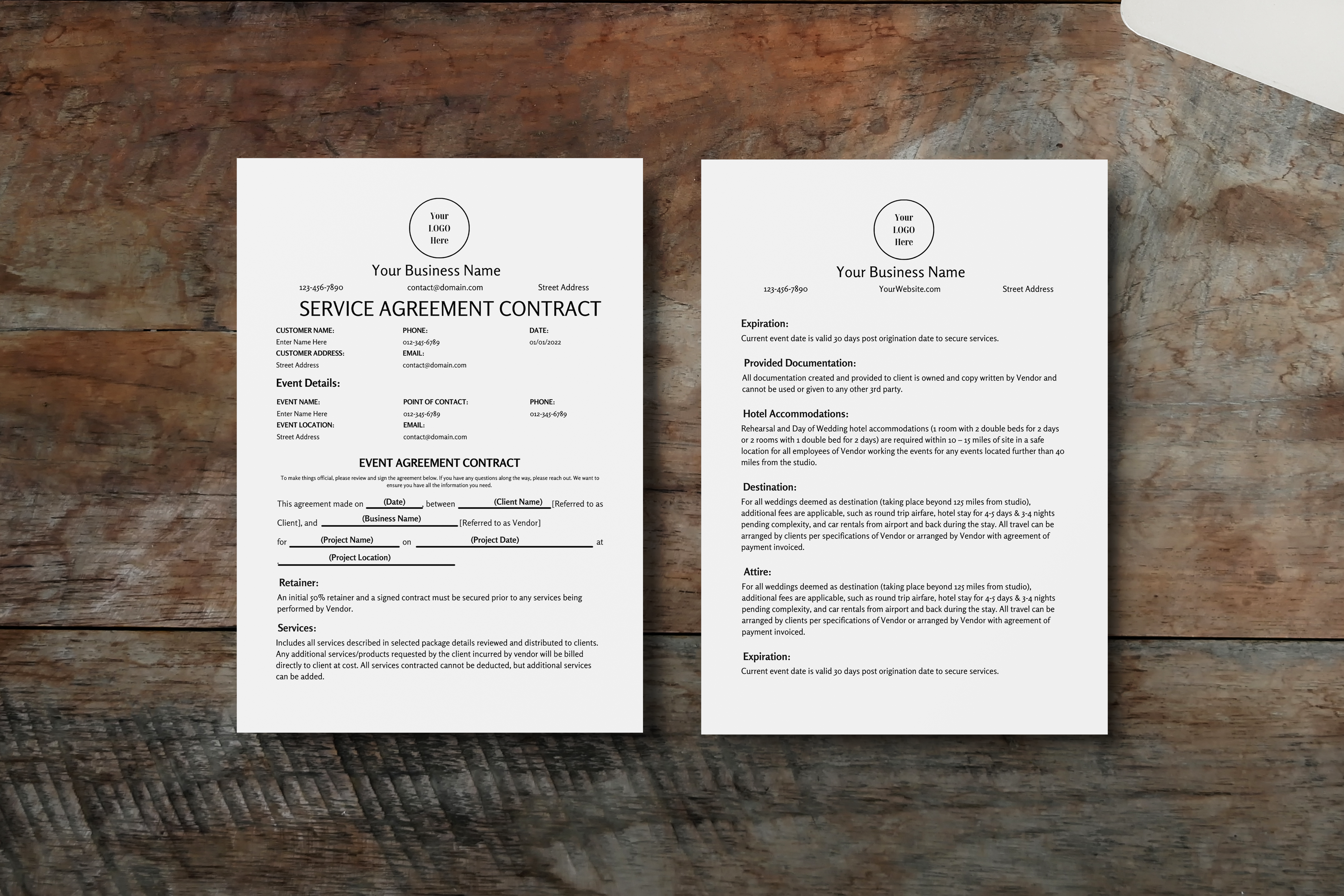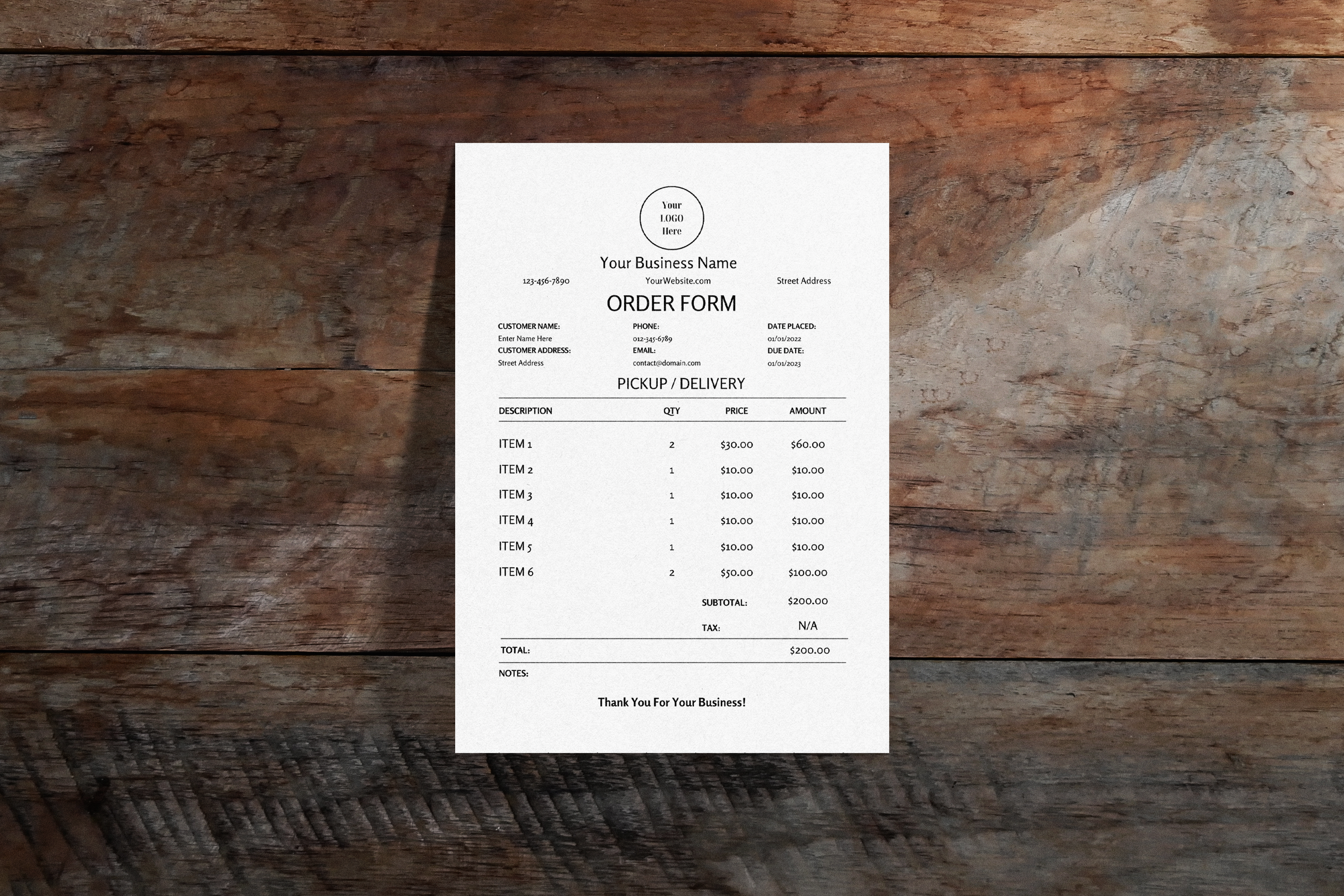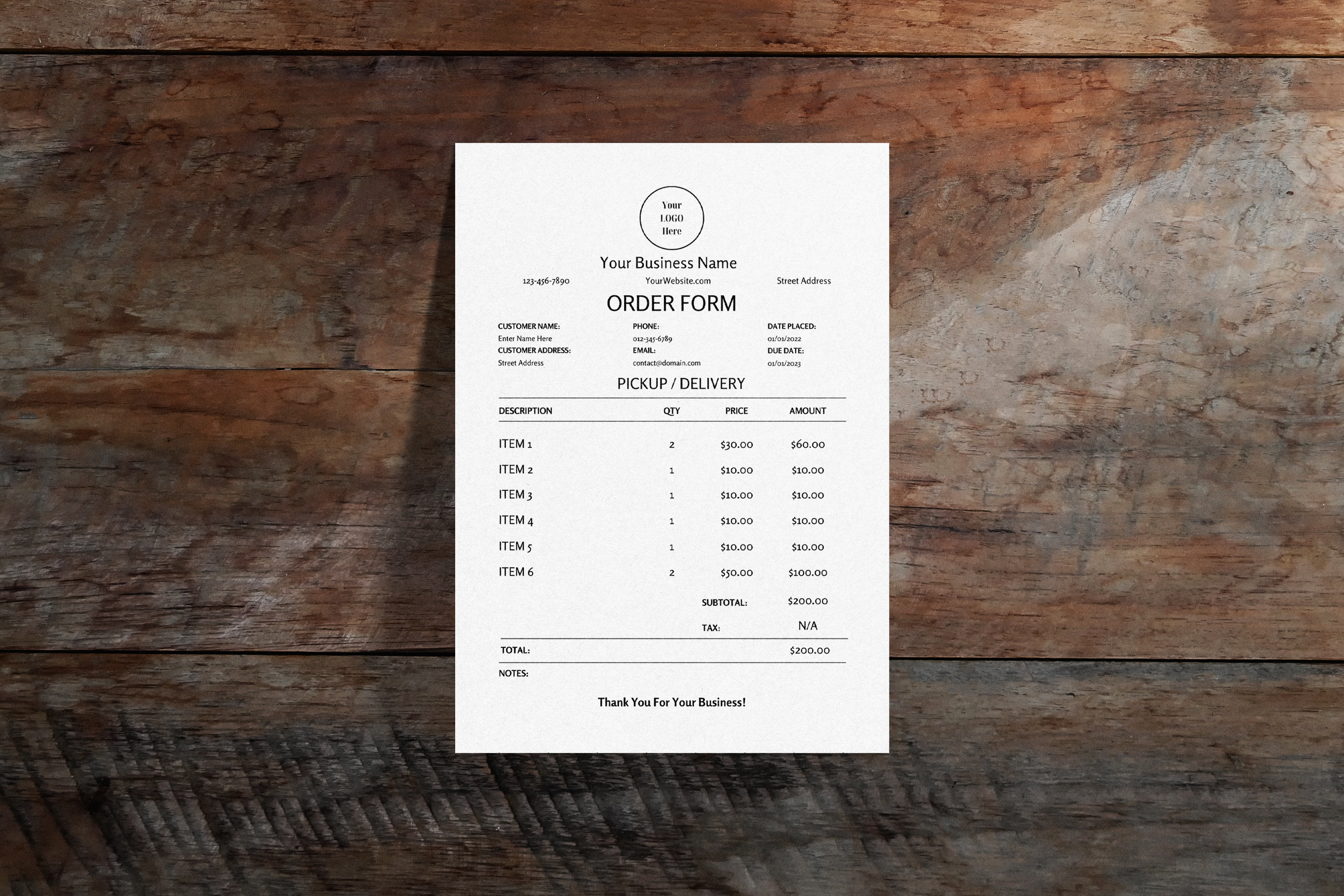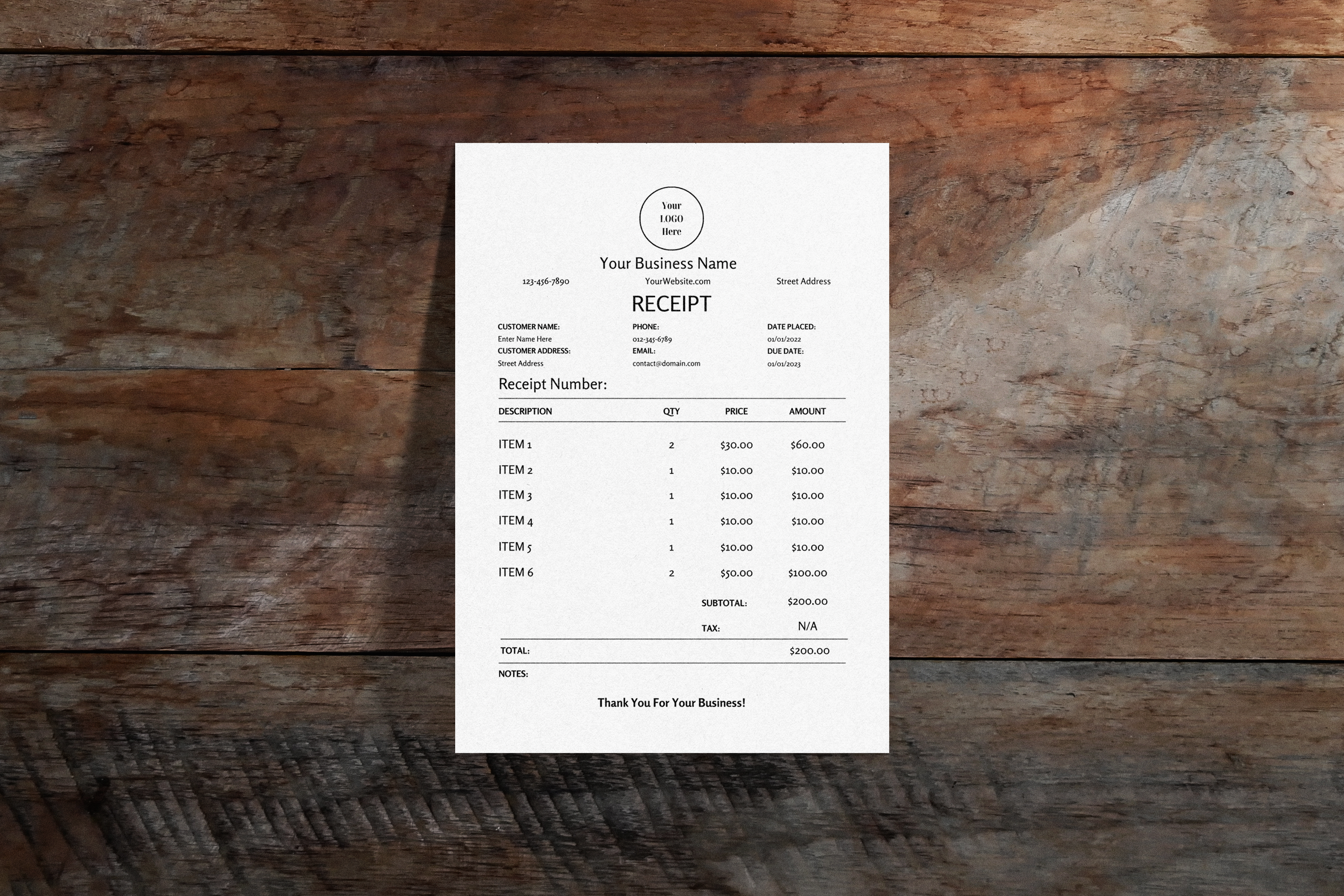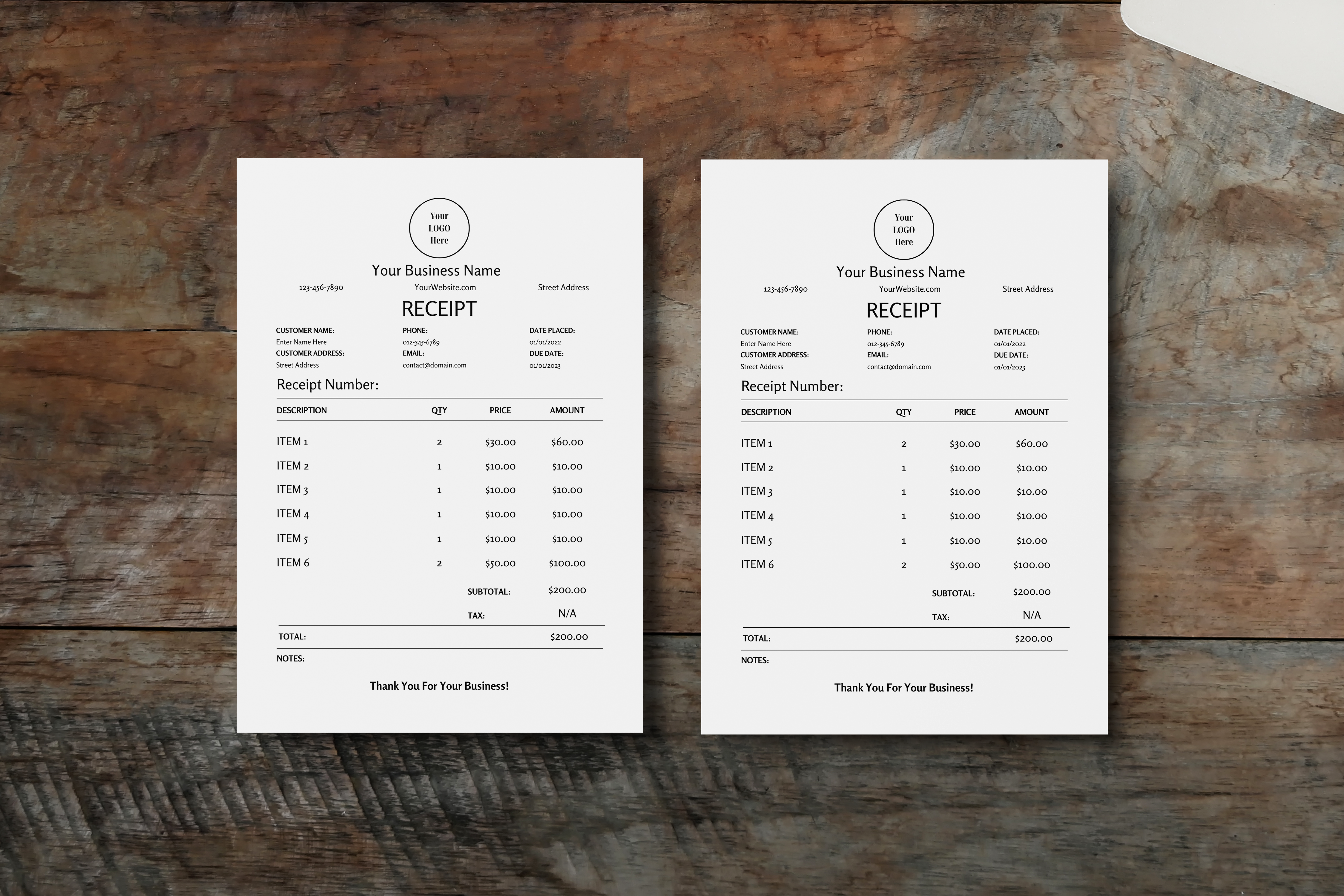
Social Media Marketing Zero to Hero - How Small Businesses Can Thrive

Social media has now woven itself into the fabric of business success. It allows you to build trust then put your products directly in front of customers. Let's explore how small businesses can use social media as a powerful marketing tool.
Define Your Target Audience & Set Clear Goals
The first step to a successful social media campaign is to define your goals. What do you want to achieve? Whether it’s raising brand awareness, driving traffic to your website, or generating leads, setting clear goals will give you direction. At the heart of this process is your target audience—research and understand them deeply. Who are they? What are their interests? Behaviors? Online habits? By understanding your audience, you can tailor your content to more get closer to your goals.
Choose the Right Social Media Platforms
Not all social media platforms are created equal, especially for small businesses. Focus on the platforms that align best with your business and audience. Where are your potential customers most active? Where do they engage? Let’s break down the essentials:
Know Your Customers
To choose the right platforms, you need a thorough understanding of your audience. This includes knowing their demographics, interests, and online habits. Is your audience primarily millennials who love visual content? Instagram and Pinterest might be perfect. Are you targeting professionals and businesses? LinkedIn may be your go-to.
Relevant Platforms
Consider the specific relevance of each platform to your business. Visual businesses, such as fashion or design studios, might find Instagram and Pinterest to be gold mines, while B2B companies may thrive on LinkedIn, where networking and professional discussions dominate.
Engagement and Activity
It’s also important to look at how active users are on each platform. Choose platforms where users frequently engage with brands, comment, share, and interact. High post engagements means more opportunities for your business to make meaningful connections.
Features and Capabilities
Each social media platform offers unique features that might suit your marketing strategy. For instance, if video content is central to your marketing, YouTube or TikTok may be better suited than text-focused platforms like Twitter.
Competition and Market Presence
Look at what your competitors are doing. Which platforms are they on? How successful are they? Research your competitors’ social media strategy to get valuable information. Just remember to make yourself stand out.
Engage With Your Audience
Social media is not just about broadcasting your message—it’s about creating conversations. Engagement is the key to success. Respond to comments, questions, and messages promptly. Encourage engagement by your audience by asking questions, running polls, or hosting giveaways. You can show genuine interest in your followers by engaging with their content also to build relationships. The more you engage, the more connected your audience will feel to your brand.
Leverage Influencer Partnerships
Influencer marketing can be a game-changer for small businesses. Partner with influencers in your niche who resonate with your brand’s values and have an engaged following, as this can help to build credibility. It can be through sponsored content, product reviews, or social shout-outs, influencers can amplify your brand’s reach and connect you with potential customers.
In Conclusion
When you're choosing your social media platforms, keep your goals and your audience in mind. With an engaged audience you can transform your business’s social media presence and achieve remarkable growth. By carefully evaluating the factors outlined in this guide, you can go from zero to social media marketing hero in no time.







